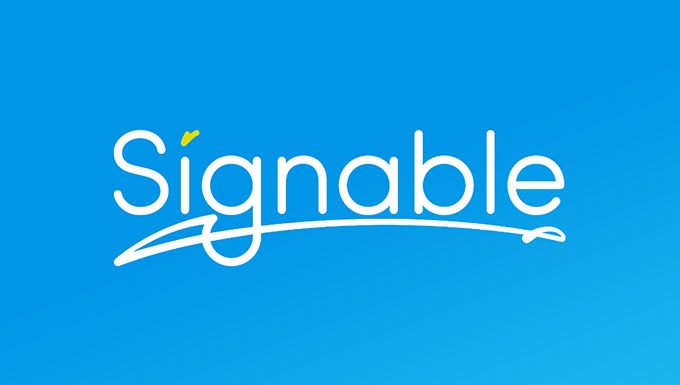eSignature laws & when it’s OK to use them…

Published:
eSignature Laws – Let’s just get into it
A question we regularly get asked is “are electronic signatures legal?” Or questions around if eSignatures are valid on certain documents.
So let’s clarify one thing; eSignatures have been a legal form of signing since 2000. And since the recent eIDAS Regulation, which came in July 2016, all countries in Europe comply with the same regulations. However, different contracts can still have their own policies.
To break this down, we’ll ask the 3 main questions:
Are electronic signatures admissible in court?
Are electronic signatures suited for general business use?
Yes.
Can electronic signatures be used for all documents?
Eh. This is where it gets tricky…
Whilst 100% legal; it is still up to the discretion of the independent user, or governing body, whether they are deemed as acceptable or not.
For example, an area eSignature laws can get grey in is when used with deeds. If completing through land registry then using Signable isn’t possible – but would be fully acceptable if completing in Scotland.
As the laws change per country it is difficult for us to advise you on the use of eSignatures in some cases. Legally speaking, your electronic signature is no different to your wet signature, but if a governing body decides to not use them, then that’s their decision.
And so, we would always advise that you check with your own regulatory body or legal professional for clarification. Each business needs are different, and therefore the agreements themselves may vary. This is why speaking with an authority within your sector business is key.
We cover the legal aspects of electronic signatures in more depth in our legality section. We also have a guide that illustrates the legality of eSignatures around the world, as well as a Q&A section on our help site.
For an external source, you can read this practice note on eSignatures for contracts, which should help clear things up nicely.